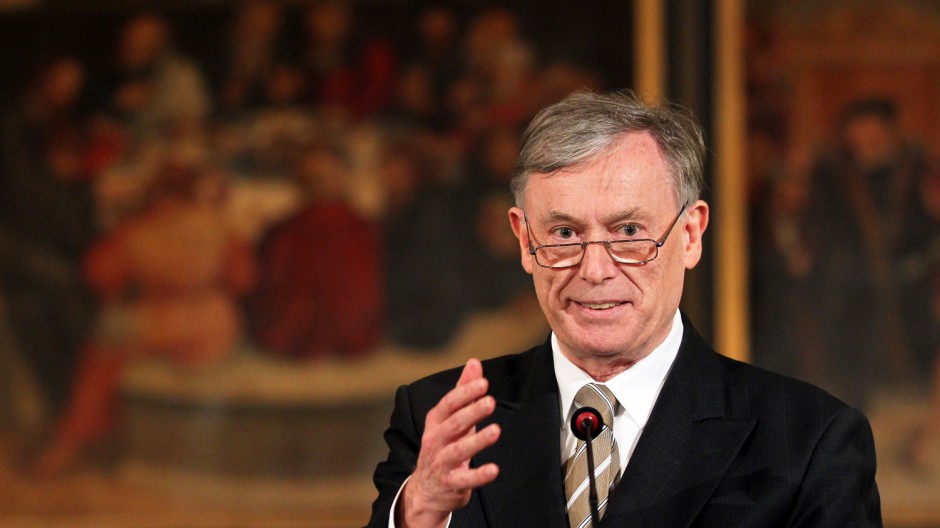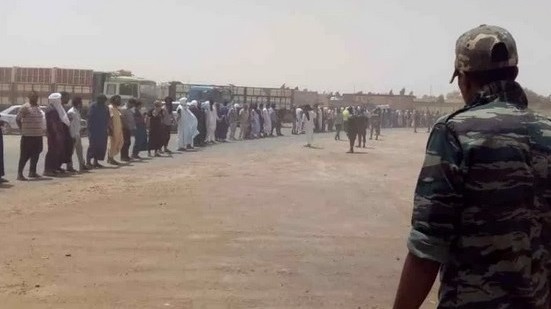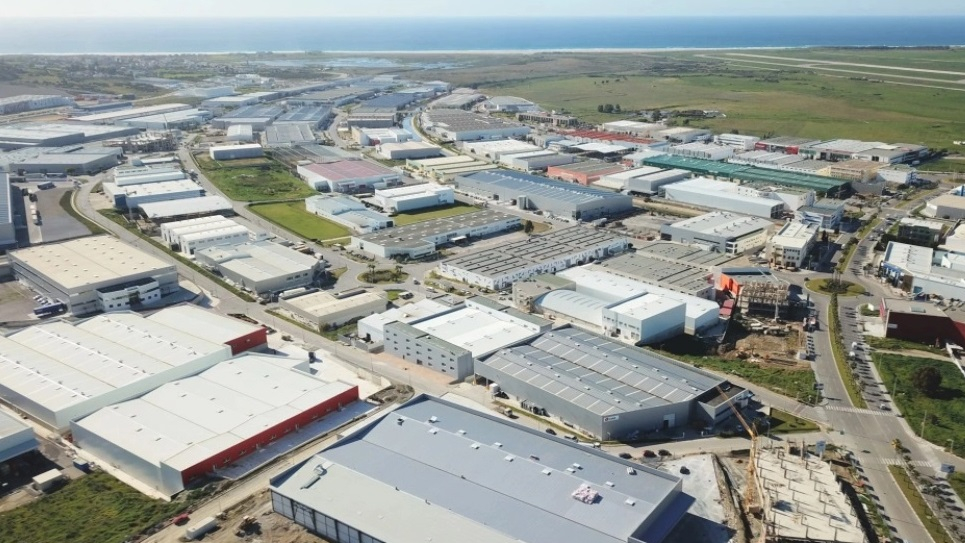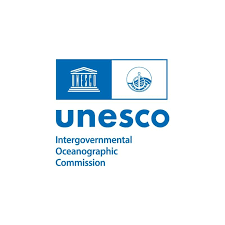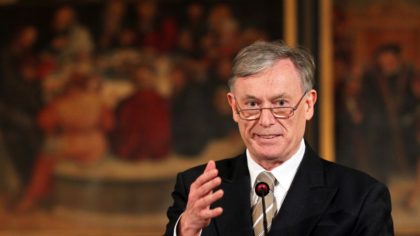 Horst Kohler, former German President (2004-2010), is said to be named to succeed outgoing UN Secretary General’s Personal Envoy for the Sahara, Christopher Ross.
Horst Kohler, former German President (2004-2010), is said to be named to succeed outgoing UN Secretary General’s Personal Envoy for the Sahara, Christopher Ross.
Algerian news outlet, TSA, quoted diplomatic sources saying that Horst Köhler will most likely replace the US diplomat Christopher Ross, whose tenure has expired after eight years of mediation that left the status quo unchanged.
Kohler will be officially appointed by the new UN Secretary General Antonio Gueterres upon receiving the approval of the parties to the conflict: Morocco and the Polisario, which acts upon the orders of its paymaster and host, Algeria.
In this respect, Morocco’s le360 portal contacted a diplomatic source, which said, speaking under anonymity, that the former German president, among others, has been proposed to replace Ross. The same source added that Köhler’s chances to be appointed UN emissary to the Sahara are higher.
The Polisario and its mentor Algeria may object the appointment of Kohler, a politician of the Christian Democratic Union, in view of the realistic stands adopted by European figures concerning the Sahara. The Polisario remembers vividly the statements by Dutch Van Walsum who described the independence option as “unrealistic and unfeasible” and called for adopting the autonomy as a basis for negotiations.
Given his background, Köhler is expected to lead UN mediation in the regional dispute over the Sahara with pragmatism, unlike his predecessor Christopher Ross whose stands reflected connivance with Algeria and a willingness to change the parameters of negotiations.
After eight years as UNSG Personal Envoy, Ross left a legacy of failures on the Sahara issue. His term was marred by partial reports, a worn out negotiation process devoid of prospects for progress and biased and unbalanced guidance to the UN.
Köhler is an economist by profession. Prior to his election as President, he had a distinguished career in politics and the civil service and as a banking executive. He was President of the European Bank for Reconstruction and Development from 1998 to 2000 and head of the International Monetary Fund (IMF) from 2000 to 2004. From 2012 to 2013, he served on the UN Secretary General’s High-level Panel on the Post-2015 Development Agenda.
